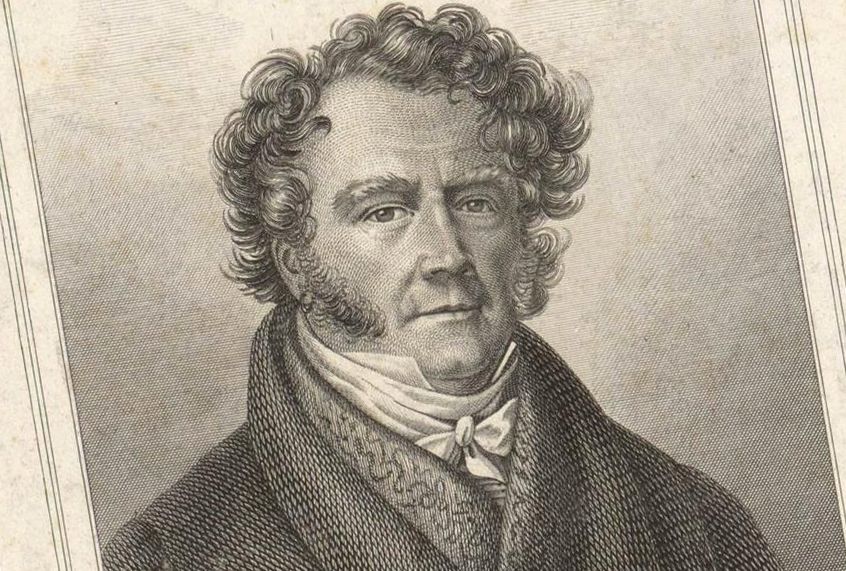Eugene Francois Vidocq is credited with founding the profession of private detective as we know it. Indeed some of the techniques he introduced are still used by police criminal investigation departments around the world as well as by private investigators.
Born on 24 July, 1775, in Arras, northern France, Monsieur Vidocq was the son of a prosperous local baker. Although he was one of six children there was nothing deprived about his childhood. However, young Eugène was a wild teenager long before “teenagers” were invented! An adventurous youth, he was involved in many a scrape, due partly to his taste for adventure but also to his lazy nature.
He obviously enjoyed the affluent lifestyle but hadn’t inherited his father’s work ethic, preferring to find other ways to support it without working. At the age of thirteen he stole some silver plates from his parents. Having sold them, the proceeds lasted him just a day before he’d spent the lot.
He obviously enjoyed the affluent lifestyle but hadn’t inherited his father’s work ethic, preferring to find other ways to support it without working. At the age of thirteen he stole some silver plates from his parents. Having sold them, the proceeds lasted him just a day before he’d spent the lot.
This time he didn’t hang around to be caught. He swiftly departed from Arras and fled to Ostend with his loot. After living on his wits there for another year he joined a travelling circus. There he performed in a freak show, eating raw meat for the entertainment of patrons.
Another year passed and the young Vidocq had eaten enough raw meat to last a lifetime. He left the circus and joined the army. He was sixteen and the Bourbon Regiment was happy to take him. He acquitted himself well in battles against the Prussians. However, between battles he must have been quite a belligerent character. During his army service he fought a total of fourteen duels, resulting in the deaths of two of his opponents.
However, a quarrel with an officer of superior rank resulted in Vidocq striking the officer. He faced the death penalty for this act so he deserted. He was still only nineteen and back to living on his wits.
Smart he may have been but not smart enough to avoid imprisonment on several occasions: Generally for offences of a relatively minor nature but he spent most of his time either locked up or on the run and he grew weary of it. In 1809 he struck a deal with the authorities which involved his being incarcerated again in La Force, a prison in Paris but this time working as an agent of the police. Vidocq’s mission was to gather information from the real prisoners to pass on to the police. Following his “release” from La Force Napoleon commissioned him to set up a special police department.
Having established what is now La Sureté and introduced many ideas and systems that a 21st Century detective would immediately recognise, Vidocq left in 1833 and became a private investigator calling his agency Le Bureau des Renseignements”. He had created the first private detective agency in the world. Most of his detectives were former convicts and the Paris police tried several times to close him down, finally succeeding in 1848. However the seed had been sown and it germinated and grew into the ethical and respected profession we know today.

